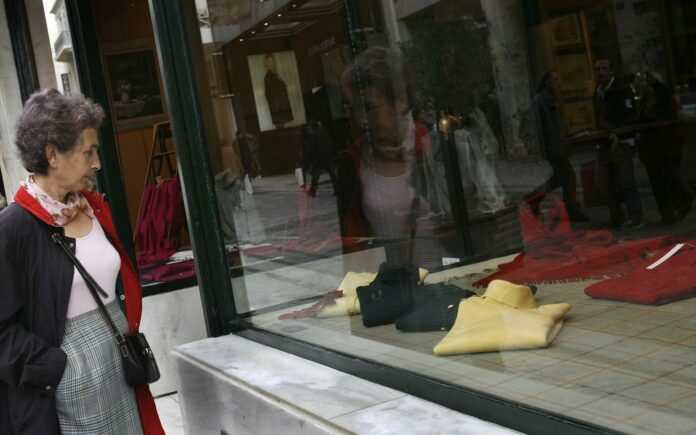Reduced liquidity, weak investment and an asphyxiated credit system are the primary obstacles faced by Greece’s embattled small-to-medium enterprises, according to the regular six-month survey by Hellenic Confederation of Professionals, Craftsmen & Merchants (GSEVEE).
The sector group, which represents most SMEs in the country, cautioned that the Greek economy remains in “stable but critical condition”, in borrowing a medical term, while warning of heightened risks of assuming too high a debt load.
In a nod to the ongoing economic uncertainty in the country over the still pending second review of the Greek bailout program, a necessary condition for the Greek state’s renewed borrowing from institutional creditors, GSEVEE said gasping negotiations are affecting the economy.
The group also referred to insufficient private sector funding, in tandem with a lack of modern financing tools, as suffocating SMEs.
In terms of numbers, between August 2016 and January 2017, exactly 18,410 businesses in Greece terminated their operation. Queried over their prospects in the subsequent period, the owners and managers of four out of 10 businesses reported that the possibility of closure was “high to very high”. Self-employed professionals, at a rate of 57.4 percent, reported that they faced the prospect of ceasing their professional activity.
Even more ominous is a forecast by GSEVEE that up to 18,700 SMEs and self-employed professionals in Greece will cease operation in the first half of 2017.














